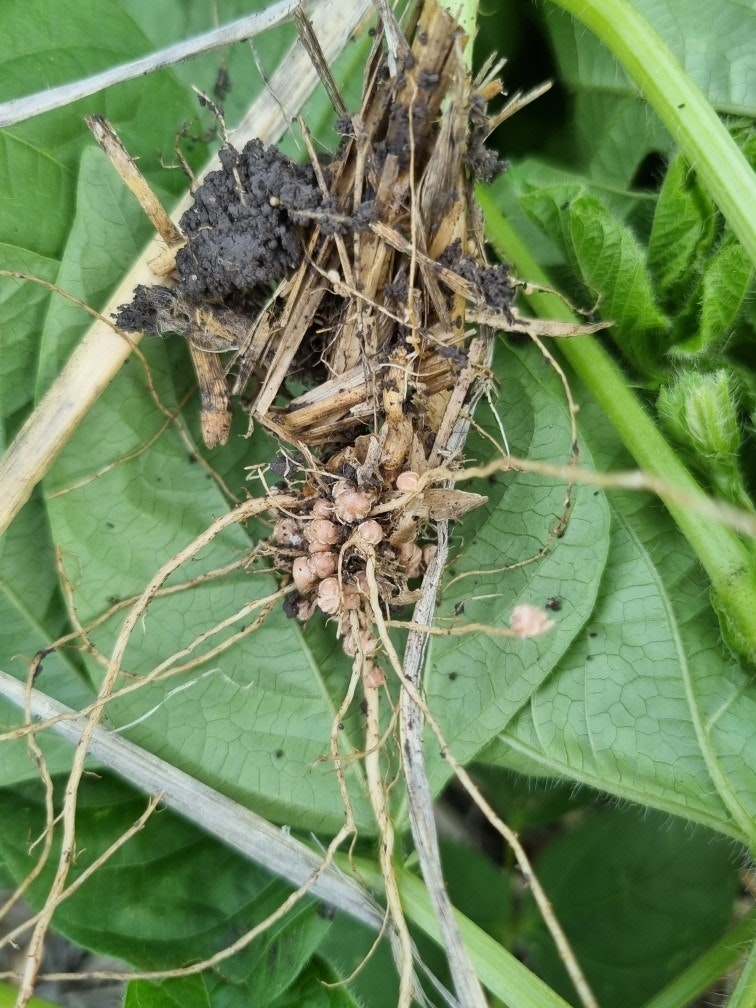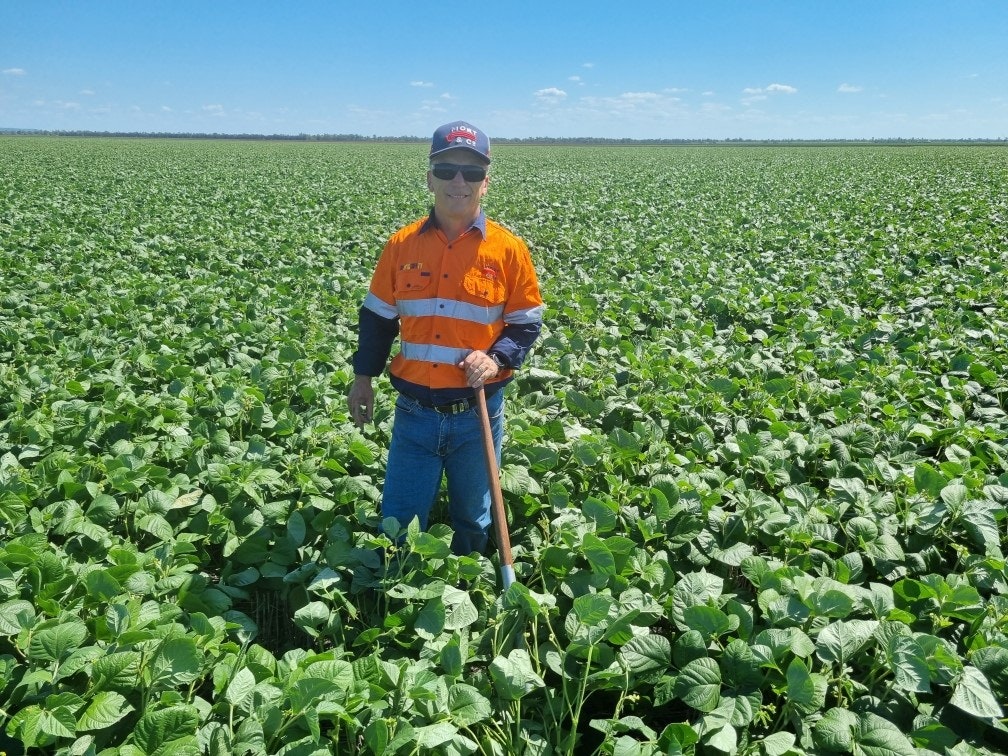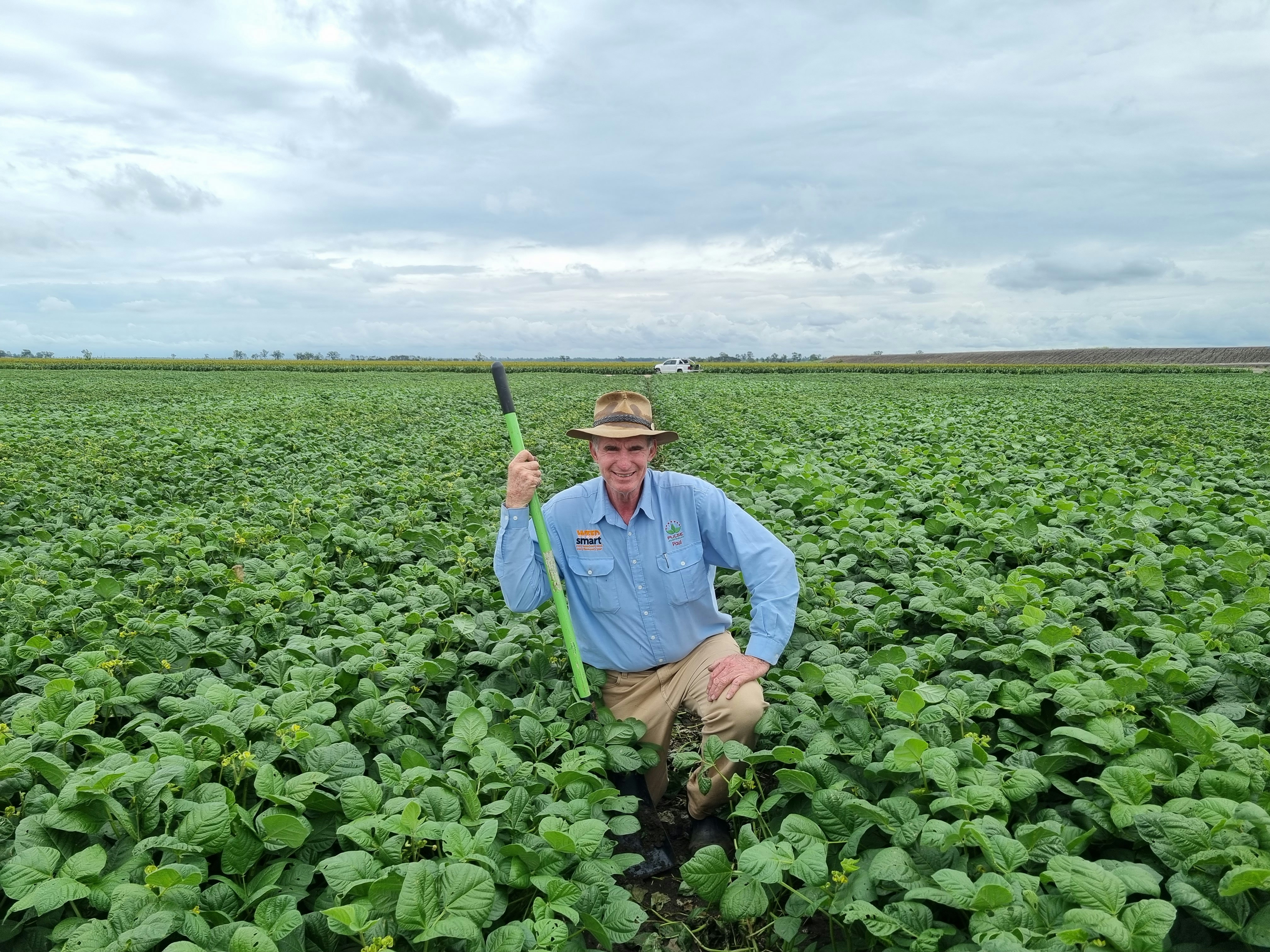With the help of a successful Round Five Rural Economic Development Grant, the project will see specialised equipment installed at the Mort & Co Fertilisers manufacturing facility to coat inoculant onto organic, manure-based fertiliser granules.
The inoculation process is the first of its kind and has the potential to provide major benefits to the 1.8 million hectare pulse industry in Australia.
Mort & Co Fertilisers Research and Development Manager, Kyle Merritt, says the installation of this equipment will see powerful results brought to fruition.
“We’re delivering an innovative granule inoculant application system that’s been proven to improve nodulation rates of legumes, especially in dry conditions.
“We’re also seeing the coated granules assist in inoculant survival in the soil post-planting.
Mr Merritt says the process works through a combination of chemical and structural benefits delivered by the granule and reduces the intensity of labour involved in conventional on-farm seed coating.
“Essentially, the granules will “Piggy-back” rhizobium bacteria conveniently and safely to the soil, where the invading root system can be colonized by rhizobium bacteria to promote nitrogen fixation.
“The unique chemical composition and physical porosity of the granule offers a microcosm for bacteria, helping them withstand excessive heat and unfavourable soil conditions – areas where farmers typically see the most losses.
Kyle Merritt
Research and Development manager; Mort & Co Fertilisers
“Ultimately, it’s dual purpose. It’ll also save farmers time at planting and provides carbon and soil conditioning from the granular product itself.”
Paul McIntosh, Northern Region Development Agronomist for Pulse Australia, says getting the inoculation process right is critical and very few effective, labour-saving options have been available to farmers, until now.
“Our physical inoculation practices have not changed too much in my 44-odd years of being an agronomist in regional Queensland and New South Wales.
“I can honestly state that 50% or more grain yields can be lost due to poor inoculation at planting time.
“Inoculant survival is critical and any inoculant or Rhizobia bacteria carrier that provides or significantly extends this survival is a huge leap forward for Agriculture.”


